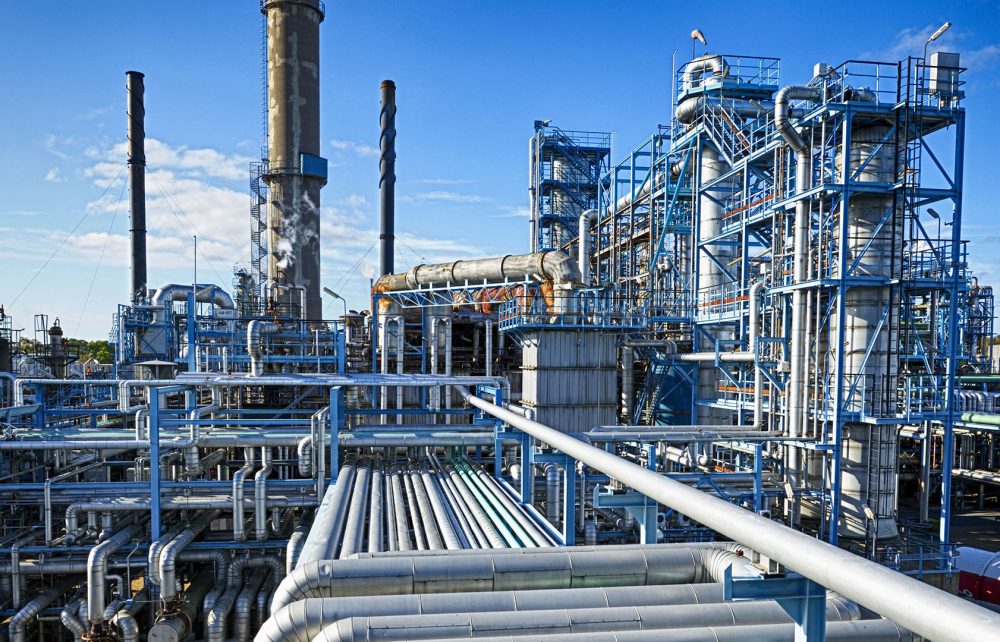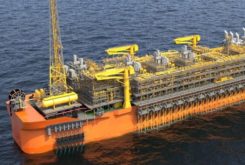With the oil sector remaining as the “engine” of the Angolan economy, and with a forecasted decrease in oil production, the new Angolan government has prioritised introducing investor-friendly reforms to stimulate new developments – both in oil and natural gas.
The oil reform is to be completed by end-June, with Carlos Saturnino at the head of Sonangol (SNL EP) and Diamantino de Azevedo as the new oil minister. Major oil companies based in Angola – Total, Eni, Chevron and Exxon among others, are consulting on these reforms.
The last piece of the reform should be the creation of a National Petroleum Agency (NPA), which would take over Sonangol’s role as oil concessionary. However opposition by oil companies in informal consultations has led the government to suspend drafting of the law, which could now be abandoned or significantly downgraded in terms of the future NPA’s powers.
The previous model of reform promoted by Isabel dos Santos, Sonangol’s former president with the support of international consultants, provided for the creation of the NPA. The Petroleum Sector Reform Commission, created by president João Lourenço in October 2017, led to the firing of dos Santos from the presidency of SNL EP. It also pointed to a different strategy in relation to the model proposed by dos Santos, although the idea to create a NPA was still carried forward.
The oil majors’ recent influential support at the level of the government, including that of former vice-president and former Sonangol director Manuel Vicente, who has been gaining influence in the context of the oil sector reform, is known to be opposed to the measures within private circles.
This opposition mainly stems from delays in the approval of new investment projects due to the lack of qualified human resources, from the SNL EP to ANP. The petroleum reform commission has been characterised by significant concessions from the government to oil majors, aimed at stimulating new investments in research and production, substantially reduced since 2014.
The lack of investment over the last few years in new oil projects caused a drop in oil production, while the production of some of the older blocks enter the declining phase.
Oil consultancy estimates there will be a drop of 8-10% in oil production in 2018 alone. According to OPEC data, Angola is now slightly above 1.5 million barrels/day (bpd), well below the 1.63 million of 2017.
Under SNL EP’s previous mandate, no new drills (“wild cat”) were made because of the oil price drop in international markets and the lack of competitiveness of Angola. Total outstanding investments are estimated in the presidential commission’s report at US$ 5 billion. Delays already occurred in the past, but have worsened in recent years.
They are attributed not only to the highly centralized approval process at SNL EP, but also to the low priority given by the previous administration to resolving the issue.
In terms of investment, the reform involves clearing the way for oil majors, namely by ending the pre-qualification phase for the companies bidding in public tenders for the allocation of oil blocks; increasing the values of the contracts that operators can make without the need of a public tender or SNL EP approval, from US$ 250,000 to US$ 1 million; and lastly, contracts requiring a public tender, but not SNL EP approval, are now at US$ 5 million (previously at US$ 750,000).
SNL approval is now only mandatory for contracts valued at more than US$ 5 million. The assignment of SNL EP “associate company status” has also been expedited.
The loosening of the mandatory pre-contractual approvals by SNL EP is seen by oil sector as an element of increased efficiency of operations, since the approval of contracts was often delayed at the level of the state oil company.
It will also reduce costs because the participation of Angolan businessmen and generals with political connections (commonly referred to as “superstructure” of SNL EP) are often imposed as a condition for the approval of contracts.
The reform has also entailed new Contract and Fiscal Terms applicable to Marginal Oil Discoveries; Definition of the Legal Regime Applicable to Additional Research Activities in Areas of Development of Petroleum Concessions in Production Period and Legal and Tax Regime for the Exploration of Natural Gas.
According to government estimates, a further 500 million bpd could be added to the country’s production in the next 7 years, with 11 new production zones. A new oil-licensing round is expected to take place at the end of the year, for both ‘onshore’ and ‘offshore’ blocks.
Currently, Sonangol is selling 40% of its stakes acquired from Cobalt in oil blocks 21/09 and 20/11.
With the oil price above US$ 70/ barrel, industry sector sources believe new and significant investment could be unleashed with the new framework, both in oil and natural gas.
Total has reached an agreement with its partners (Equinor, ExxonMobil, BP, Sonangol) to approve the final investment decision of the “Zinia 2” project in block 17. The announcement was made during the official visit to France by the Angolan President, João Lourenço, during which an agreement was also signed related to Block 48’s exploration license, a future partnership to operate a network of service stations in Angola, among others.
Italy’s ENI has already signed an agreement with Sonangol for production in the North Cabinda Block and collaboration with Sonangol in the development of natural gas projects. ENI is also set to start managing the Luanda refinery and is the company that is best positioned to establish a strategic partnership with Angola for the construction and management of the future Lobito refinery.
In a recent visit to Luanda, Chevron CEO Mike Wirth discussed a US$ 1 billion investment in natural gas, which is now pending engineering approval by Sonangol. Wirth publicly praised the government;s new stance towards the energy sector.
With the oil sector reform coming to a close, prospects for the oil sector – and thus for the Angolan economy – are now significantly improved, providing that the oil prices hold or rise.
Next, the government is to concentrate on reforms to effectively diversify the economy – which it was been unable to do during the years of the “oil boom”.




